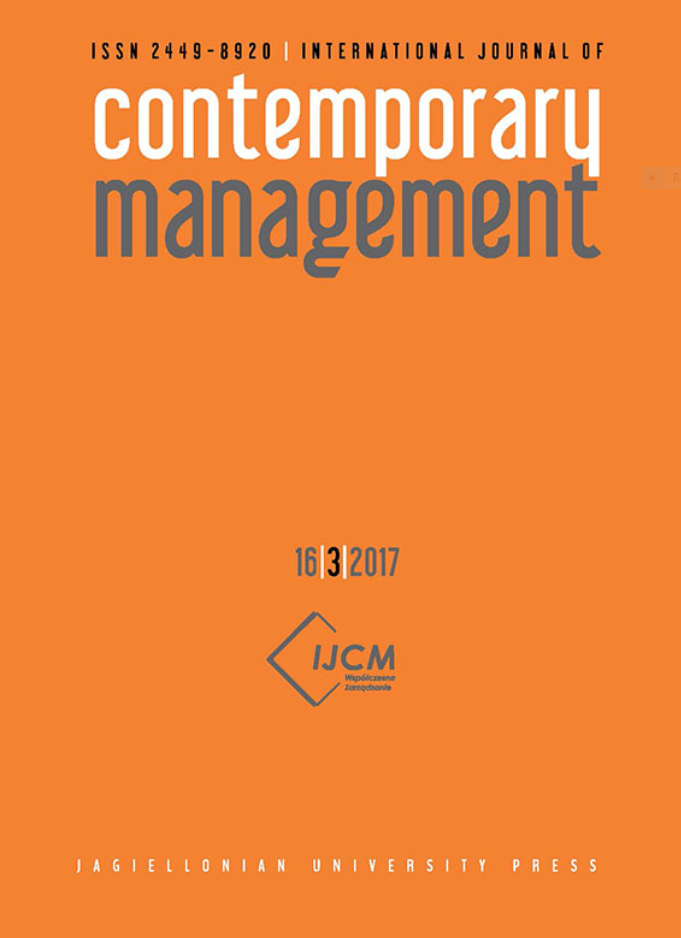Cooperation Instruments Between Cultural Institutions and the Environment
Cooperation Instruments Between Cultural Institutions and the Environment
Author(s): Dorota BalcerzykSubject(s): Public Law, Cultural Anthropology / Ethnology, Management and complex organizations
Published by: Wydawnictwo Uniwersytetu Jagiellońskiego
Keywords: public organisations; cooperation; public management; cultural institutions;
Summary/Abstract: Cultural institutions are facing new social challenges today and so in order to be able to manage them, they cannot only rely on their own potential. Implementing common goals can imply undertaking inter-organisational operations. In the literature of the subject there is insufficiency of research on the cooperation of cultural institutions with the environment, that is why this article has highlighted this issue. The paper shows the value of cooperation as a management instrument, thanks to which cultural institutions can increase their potential while performing their tasks more effectively. Reference has pertained to publications on effective cooperation between public institutions and companies. Research aims. The purpose of the research was to diagnose cooperation between cultural institutions and the environment. The main research problem involved looking for answers to the questions: do cultural institutions cooperate with other institutions of this type, located in Wroclaw, to increase their offer directed to early school children? Who is the initiator of the cooperation? What is the form of initiating the cooperation with the other institutions? What is the frequency of undertaking cooperation between cultural institutions and the environment? Methodology. The issue of cooperation was discussed based on empirical data obtained from the survey conducted in cultural institutions located in Wroclaw. The factor, which connects the researched institutions was to orient their activities to organise free time for children in early school age. The study covered all cultural institutions with an offer addressed to this group of receivers, where the problem questions were aimed to the managers. Key findings. The analysis of the research indicates that most of the researched institutions undertake cooperative activities. Nonetheless, there are some institutions, which are closed to cooperation with the environment or they rarely undertake the cooperation. The nature of the diagnosed cooperation depends to a large on the extent of the specifics of the examined cultural institution. The results of the research indicate the need of increasing the spectrum of activities undertaken by cultural institutions for cooperation with the environment.
Journal: International Journal of Contemporary Management
- Issue Year: 16/2017
- Issue No: 3
- Page Range: 7-29
- Page Count: 23
- Language: English

